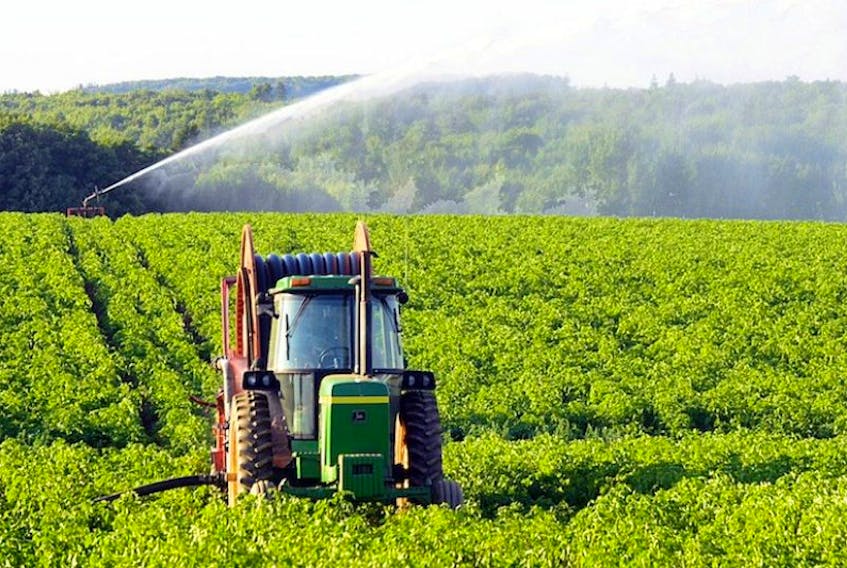CHARLOTTETOWN, P.E.I. — Recommendations from a legislative standing committee tasked with examining water extraction on P.E.I. make no direct mention of a proposed research project that would examine the impacts of the wells on streams.
A report from the standing committee on natural resources and environmental sustainability, tabled in the legislature, contained seven recommendations to government, five of which concerned high-capacity wells.
Notably absent were any recommendations about whether government should permit a research project aimed at providing hard data on the environmental impact of high-capacity wells.
The project was proposed by UPEI researcher Michael van den Heuvel, who spoke before the standing committee in September. The four-year project would involve the construction of four high capacity wells in order to study their impacts on stream flows.
If allowed, researchers would need to obtain an exemption from an existing moratorium on new high-capacity agricultural wells.
Committee chairman Cory Deagle said committee members need more information about the proposed research. The project would be partly funded by industry groups, including Cavendish Farms and the P.E.I. Federation of Agriculture.

"That's the elephant in the room is this research project," Deagle told The Guardian in an interview. "I think we would like to see the terms of reference for any research project before it goes forward."
After an exceptionally dry growing season over the summer, some farming organizations have called for a lifting of the moratorium on agricultural high-capacity wells.
The P.E.I. Federation of Agriculture (PEIFA) has urged government to allow the research project to go ahead.
In a presentation before the committee in September, PEIFA executive director Ron Maynard spoke highly of van den Heuvel’s past research.
“His team is impeccable; his research will be the same. Allow him to provide proof or disprove the current science. Give him the green light as soon as possible,” Maynard told the committee.
Almost two months later, one recommendation from the committee's report was for the government to refer “all future research proposals on the impacts of high-capacity wells” to the standing committee, including detailed terms of reference.
"At the end of the day we would like to listen to science and let that dictate to us what we should do,” Deagle said.
The report recommended government immediately proclaim the Water Act, a bill passed almost three years ago, which would regulate the construction of high and medium-capacity wells.
The committee also recommended maintaining the moratorium on high-capacity wells for agricultural use but recommended including new wells built for non-agricultural purposes under the moratorium. Wells built for residential or municipal use would be exempted.
This recommendation was in response to claims from agricultural groups that the moratorium was discriminatory, as other businesses, such as golf courses or car washes, can build new high-capacity wells.
"We wanted to make sure that if there's a moratorium on agriculture, it should be a moratorium for all sectors, not just agriculture," Deagle said.
The committee also recommended shortening the period of time allowed for bringing an out-of-compliance well to compliance from five years to two and recommended regulations that differentiated between wells requiring freshwater with those that draw saltwater.
Another recommendation called for the Department of Agriculture work with the province’s climate change secretariat to research ways that farmers could be compensated for carbon that is sequestered in soil.
A final recommendation urged government to implement a training session for all MLAs on the Lands Protection Act.
Stu Neatby is the political reporter for The Guardian.









